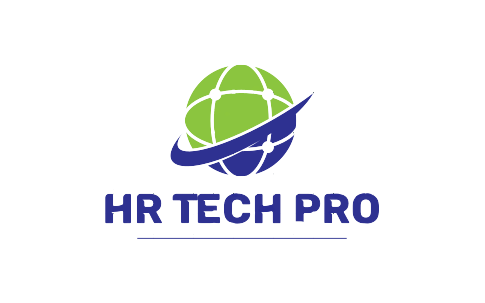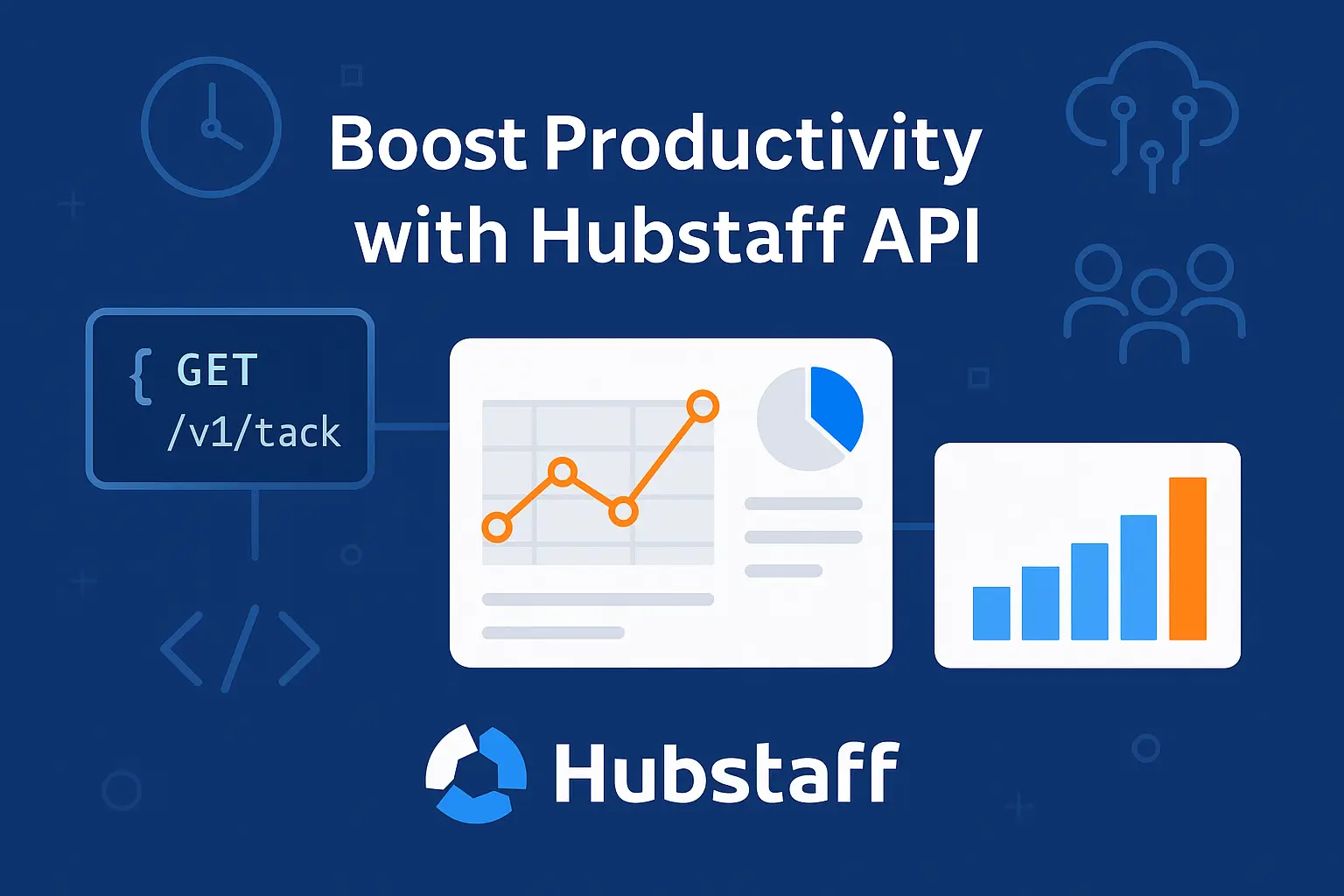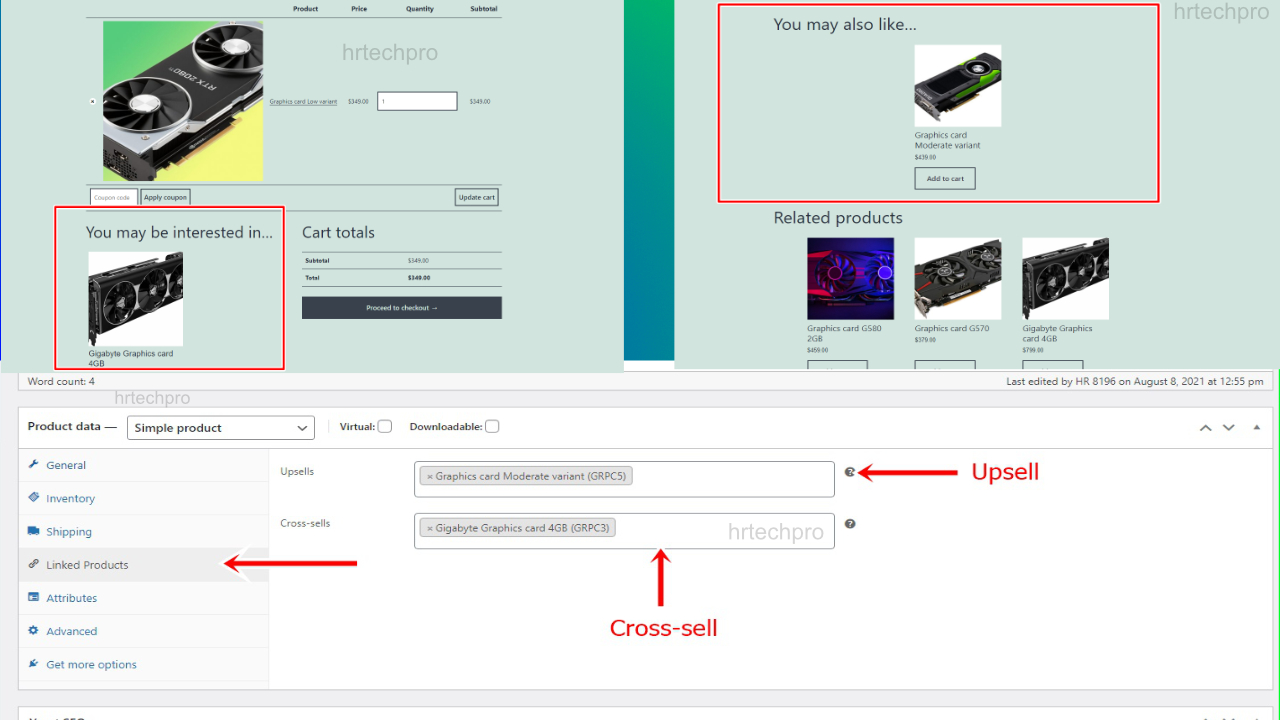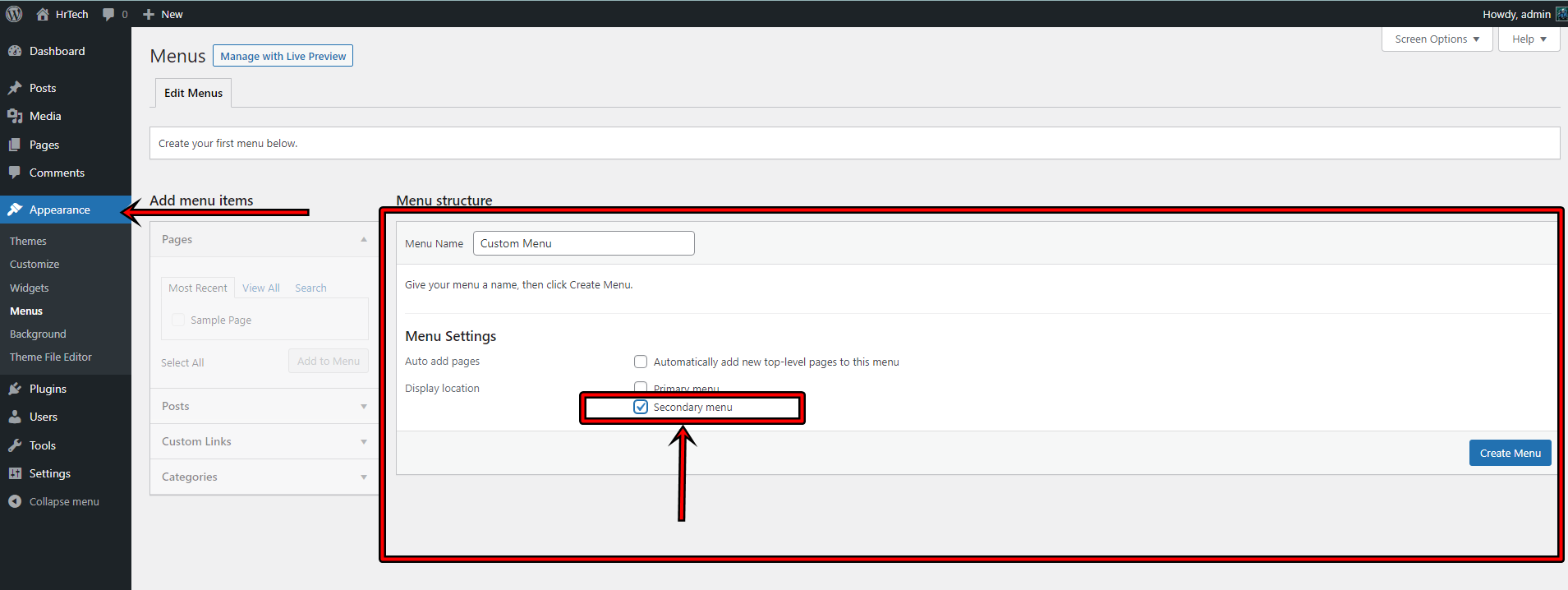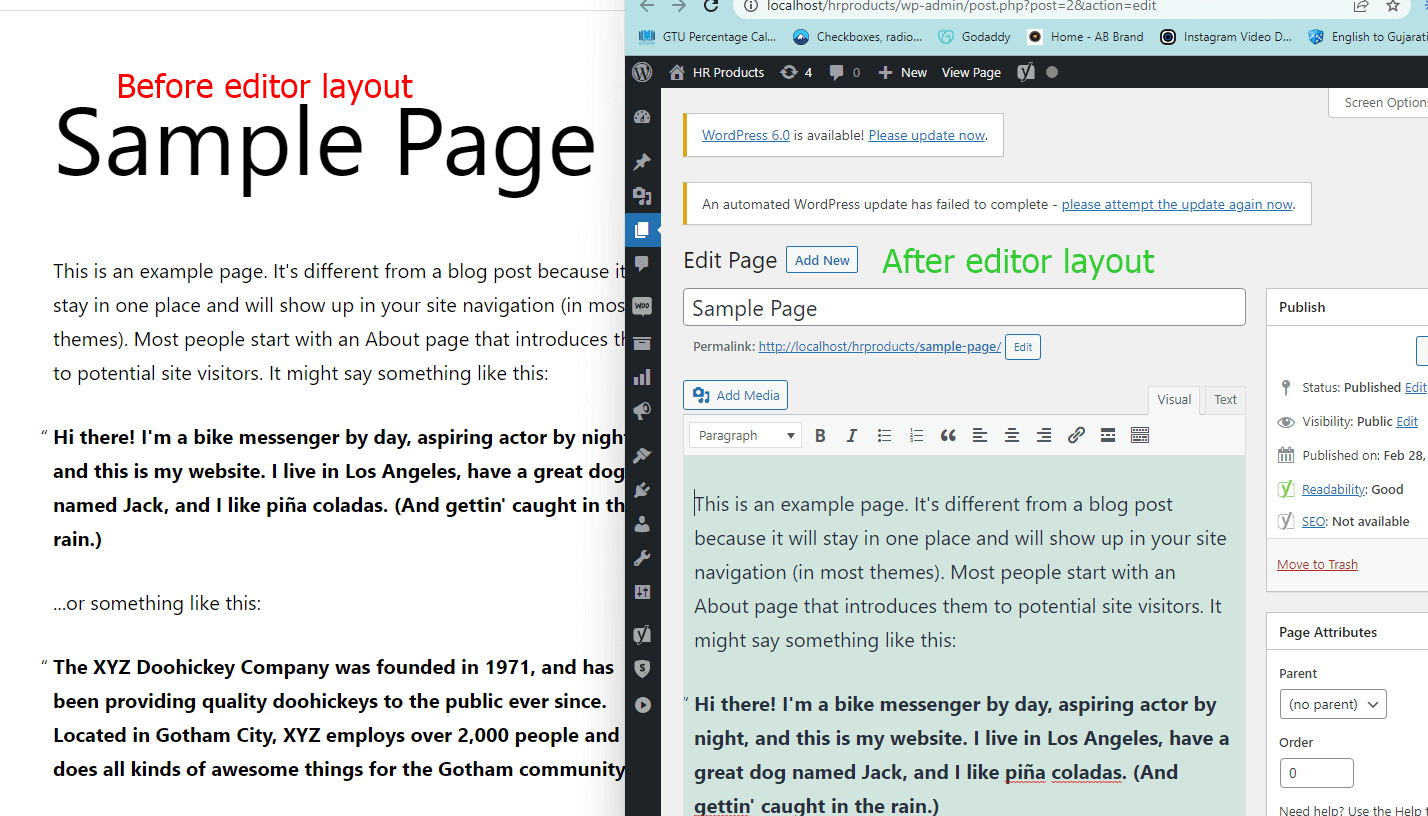Boost Productivity with Hubstaff API: Features, Pros, and Integration Benefits
Introduction
In today’s remote and hybrid working environments, managing time, productivity, and workforce analytics has become essential. Hubstaff, a powerful time-tracking and productivity monitoring tool, offers an API that allows developers and organizations to integrate its features into custom workflows or third-party platforms.
In this article, we’ll explore the Hubstaff API, how it works, and the advantages (pros) of using it for automation, analytics, and scalability.
What is Hubstaff?
Hubstaff is a time-tracking software that enables companies to monitor remote teams, log work hours, capture screenshots, track app and URL usage, and generate productivity reports. It’s widely used by freelancers, agencies, and businesses that manage distributed teams.
To complement its dashboard and UI, Hubstaff also provides a comprehensive RESTful API, enabling programmatic access to almost all features.
Hubstaff API Overview
Hubstaff offers two main APIs:
- Hubstaff Time Tracking API (v1 & v2)
- Focuses on time entries, projects, tasks, users, activities, and screenshots.
- Hubstaff Auth API (OAuth2)
- Handles user authorization and token generation for secure access.
The API follows modern REST principles and returns JSON responses, making it easy to consume in various programming languages.
Common API Resources:
- Users
- Projects
- Tasks
- Time Entries
- Screenshots
- Activities
- Organizations
- Payments
Authentication
Hubstaff API uses OAuth 2.0 for authentication, ensuring secure access to user data. You’ll need to:
- Register an app
- Use
client_idandclient_secret - Redirect users for authorization
- Exchange the authorization code for an access token
Hubstaff API Pros
1. Automation of Workflows
The API allows companies to automate tasks like:
- Creating projects and assigning users
- Fetching real-time time logs
- Automatically generating reports
This reduces manual work and improves operational efficiency.
2. Detailed Time & Activity Tracking
You can retrieve:
- Time logs with start/end timestamps
- Activity levels (based on keyboard/mouse usage)
- App and URL tracking per user Perfect for building custom dashboards or billing systems.
3. Seamless Integrations
The API supports integrations with:
- CRMs (e.g., Salesforce, HubSpot)
- PM tools (e.g., Jira, Trello, Asana)
- Accounting software (e.g., QuickBooks, Xero) This unifies your digital workspace.
4. Scalability
As your team grows, Hubstaff API scales easily. You can manage thousands of users, projects, and tasks through simple scripts or middleware systems.
5. Improved Reporting
By pulling raw data, you can create custom reports tailored to:
- Client invoicing
- Project profitability
- Individual or team productivity
This gives more flexibility than Hubstaff’s default UI.
6. Screenshot Access
Hubstaff API allows you to access user screenshots with timestamps—helpful for compliance, auditing, or performance evaluation.
7. Granular Permissions
With OAuth scopes, you can control what level of access your app gets—ensuring data privacy and security.
8. Language-Agnostic
Being a RESTful API with JSON support, you can use it with Python, PHP, Node.js, Java, Go, or any language with HTTP client libraries.
9. Webhook Support
Hubstaff provides webhooks to notify your app in real time when:
- A time entry is created or updated
- A screenshot is uploaded
- A user starts or stops tracking This enables live sync across platforms.
10. Active Community & Support
Hubstaff has solid documentation and a developer support team. There’s also a community of developers using the API, making it easier to find examples and troubleshoot.
Common Use Cases
- Sync time logs with external billing platforms
- Create custom employee dashboards
- Track project hours for reporting to clients
- Automatically trigger tasks when time is logged
- Build analytics tools for productivity KPIs
Example API Call
GET https://api.hubstaff.com/v2/users/me
Authorization: Bearer YOUR_ACCESS_TOKENThis fetches authenticated user details and can be the first step in building a connected app.
Conclusion
The Hubstaff API is a robust tool that empowers businesses and developers to customize how they interact with time tracking and team productivity data. Whether you’re building a custom dashboard, automating workflows, or integrating with third-party platforms, the Hubstaff API provides the flexibility and scalability to do so efficiently.
By leveraging this API, businesses can enhance transparency, boost productivity, and gain deeper insights into their remote operations.
